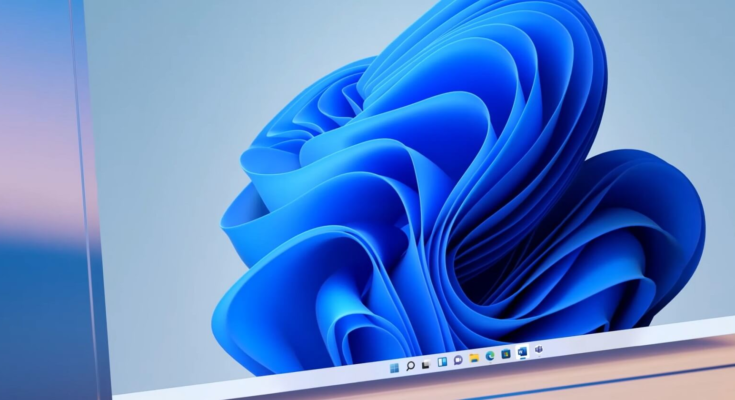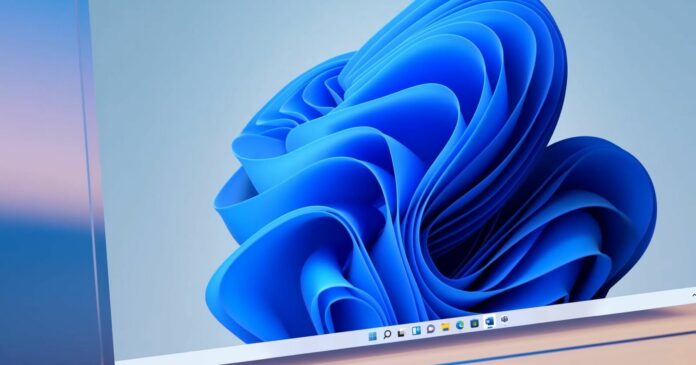Despite the January 2022 security update, Windows 11 continues to suffer from a problem where some devices could run slower than usual. The bug affects HDDs and SSDs, with reports stating that some storage drives are running more than 50% slower, and Microsoft hasn’t fixed the problem properly.
The issue was first reported in July 2021 and it has been plaguing users for a long time now. This problem was officially resolved in December 2021 cumulative when Microsoft acknowledged that a Windows 11 bug affects the performance of “all disks (NVMe, SSD, hard disk)” by performing unnecessary actions each time a write operation occurs.
As we speculated in December, Windows 11 cumulative update fixes these performance issues for some users only and there are reports of SSD or HDD still being slower than it should be.
The bug is still present in both December 2021 and January 2022 security updates, but it appears that a new optional update finally tackles the storage drive mess.
According to our own tests and reports, Windows 11 KB5008353 applies some important fixes and also addresses the critical SSD/HDD problem for everyone. The performance issue which has been looming over the operating system for nearly eight months has been fixed.
In the release notes, Microsoft noted that it fixed another bug with the USN journal which causes a weird performance regression issue.
“Addresses a performance regression issue that occurs when you enable the update sequence number (USN) journal,” Microsoft said.
Additionally, users also confirmed that they’re no longer seeing performance issues with their storage drives and the operating system feels faster.
“Not only on NVME, even my SATA SSD is faster now. Earlier Windows 11 used to boot up slower than Windows 10,” one user noted and there are similar confirmations on Feedback Hub.
Other fixes in Windows 11’s optional update
While the fix for the storage drive issue is obviously an important one, this patch also fixes a good number of other bugs. For example, a bug that could affect the File Explorer’s performance has been finally addressed. Likewise, Microsoft has also fixed issues with Windows 11 taskbar.
If you’ve upgraded to Windows 11 for shiny rounded corners and a new Start Menu, and your device is noticeably slower, installing the optional update could finally fix the problem.
Remember that these fixes will be rolled out to everyone via February 2022 Patch Tuesday update, so you skip the optional update if your device is fast.




